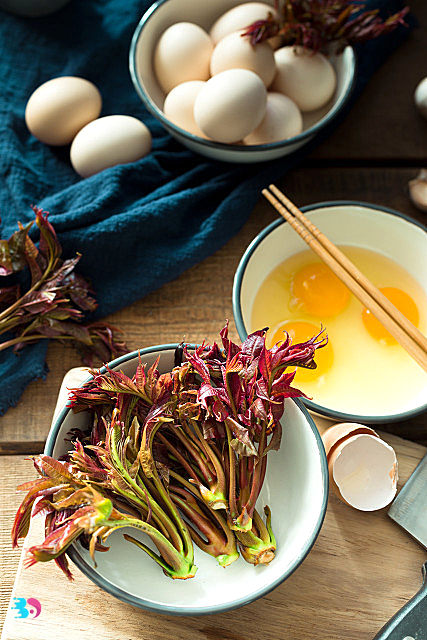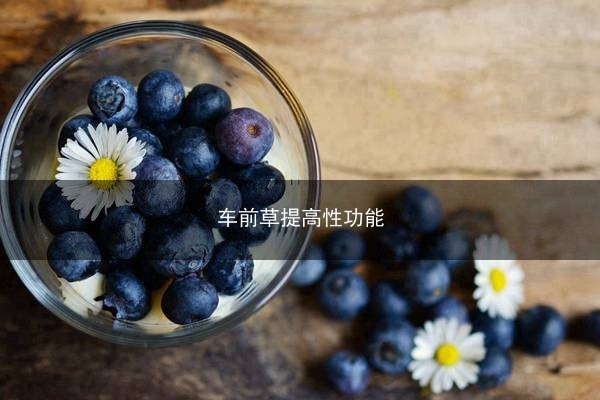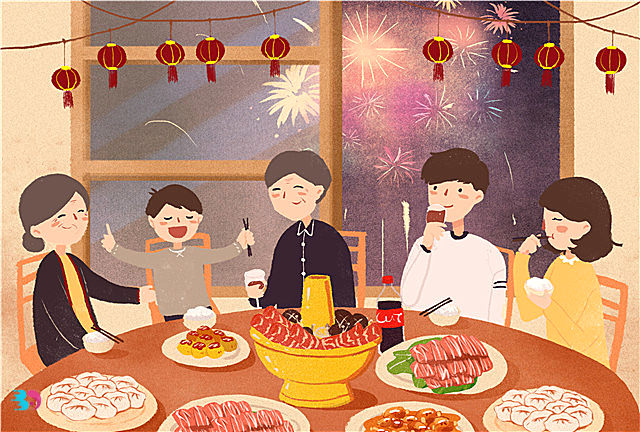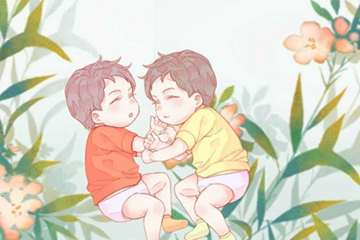贴窗花的寓意(贴窗花的寓意和风水讲究)
给孩子讲传统文化:贴窗花
贴窗花(Stick grilles)是中国特色传统节日习俗,新春佳节时,中国许多地区的人们喜欢在窗户上贴上各种各种好看的窗花。
窗花不仅代表了各样喜庆的节日气氛,也为人们带来欣赏性和实用性于合为一体。
剪纸是一种非常普及的民间艺术,千百年来一直深受大家的喜爱,因为它大多是贴在窗户上的,所以一般被称其为"窗花"。
窗花内容丰富、题材很是广泛。
窗花以其特有的内容和夸张手法将吉事祥物、美好愿望表现得淋漓尽致,将节日气氛衬托得红火富丽、喜气洋洋。
窗花寓意也表达了人们对于美好生活的愿景,小孩、葫芦、荷花等代表子孙满堂。龙、凤、虎、耗子等吉祥图案寓意吉祥;家禽、瓜果蔬菜鱼虫等代表着丰收;耕地、纺织业、牧羊、养殖等代表生活幸福。
小年用英语怎么说?祭灶、送神、扫除,双语聊聊这些习俗
今天是农历腊月二十三,是传统的小年(有一些地方是腊月二十四过小年)。
小年的英文说法有很多:有直接使用拼音Xiao Nian的,有根据意义翻译的preliminary eve, 还有字面翻译的Little New Year和Minor New Year。
小年相关的习俗更是丰富多采,下面和双语君(微信ID:Chinadaily_Mobile)一起了解一下吧!
祭灶
小年,也被叫做灶王节(Kitchen God Festival),和其他不近人间烟火的神祇不同,灶王爷掌管的范围就是百姓生活日常的灶台周边。祭灶这一仪式也反映了灶王爷亲民的可爱形象。
Chinese families believe that the Kitchen God returns to Heaven on this day to report on the activities of every household over the past year to his superior, the Jade Emperor, who will either praise or punish the family based on the Kitchen God's report. Families often offer sweet foods like candy in order to \"bribe\" the Kitchen God into saying good things about the family.
中国家庭相信这一天灶王爷要上天向玉皇大帝禀报这家人的善恶,让玉皇大帝赏罚。因此人们在灶王像前的桌案上供放糖果等祭品来“贿赂”灶王爷。
送灶神 图源:CGTN
俗话说“二十三,糖瓜粘”,献给灶王爷的祭品有很多,其中最受孩子们欢迎的就是关东糖了。
糖瓜的主要原料是麦芽糖,还要掺上一些黄米,熬制而成。它的粘性很大,如果拉伸成长条,就叫“关东糖”;搓成扁圆形状,就叫“糖瓜”。冬天可以把糖瓜放在屋外。因为天气严寒,糖瓜凝固得很坚实,但里边又有些微小的气泡,吃起来凉凉的,脆甜香酥,别有风味。
甜甜的关东糖灶王爷也爱吃
祭灶的过程中,还要烧掉灶王像,灶王爷随着青烟飞上天界:
One of the most distinctive traditions of the Little New Year is the burning of a paper image of the Kitchen God, dispatching the god's spirit to Heaven to report on the family's conduct over the past year. The Kitchen God is then welcomed back to the home through the pasting of a new paper image of him beside the stove.
小年最独特的一个传统就是焚烧灶王爷的画像,以此派遣灶王爷的灵到天界去报告过去一年这个家庭的行为。然后在灶旁贴一张他的新画像来欢迎他回家。
扫除
小年祭灶时也有打扫居所以辞旧迎新的习俗。
In Chinese, the character for \"dust\" is a homophone of the character for “the old”. By giving the house a thorough cleanse on the day, Chinese people believe that this would rid them of their poverty and bad luck from the previous year, so as to welcome a prosperous new year.
在中国,“尘土”的“尘”这个汉字与“陈旧”的“陈”同音。中国人相信,当天通过彻底地清扫房子,可以让他们摆脱过去一年的贫穷和霉运,迎来一个繁荣的新年。
图源:CGTN
洗澡、剪头发
就像打扫居所一样,洗澡、剪头发同样寓意着去除尘垢辞旧迎新。
The ancient Chinese believed that a haircut in the first month of the Lunar New Year would bring bad luck. People usually wait until the second lunar month to have their hair cut again... In order to fit into the new clothes for the festival, a haircut is highly recommended beforehand.
中国古人相信正月剪头会带来霉运,所以人们常等到农历二月才再次剪发……因此,为了配合春节穿的新衣服,提前理发是非常推荐的。
下次剪头发要等到二月二了…… 图源:CGTN
贴窗花、春联
In the Little New Year, old couplets and paper-cuts from the previous Spring Festival are taken down, and new window decorations, New Year's posters, and auspicious decorations are pasted up.
在小年的时候,上个春节时贴的春联和窗花被摘了下来,新的窗花、年画和喜庆的装饰品会被张贴起来。
小年到了,春节也就不远了。大家家乡关于小年和新年还有什么不同的风俗,欢迎补充呀!
编辑:唐晓敏
实习生:林铃锦
参考:CGTN 中国日报 中新社
热门推荐
推荐阅读
热门精选
- 06-26八字有巳子(巳和子在八字中是什么关系)
- 06-15八字有寅卯未(八字中寅卯代表什么)
- 06-29八字星运解释(如何理解八字大运的十二长生)
- 06-19刃上财八字(八字有刃头财一夜暴富)
- 07-04八字有癸甲(八字藏甲甲是什么意思)
- 07-05八字申戌(申戌拱合什么)
- 06-19八字甲乙和(甲木与己土合化格解析)
- 06-16八字有财有杀(八字中财杀是什么意思)
- 07-02八字日相冲(日柱相冲如何化解)
- 07-06八字申入丑库(辰戌丑未四库)
狮子座最新文章
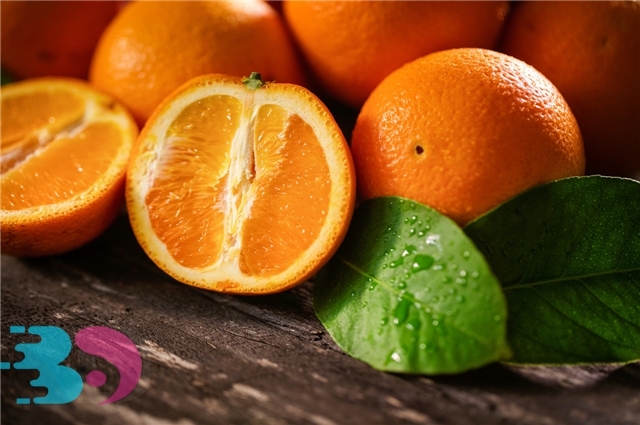
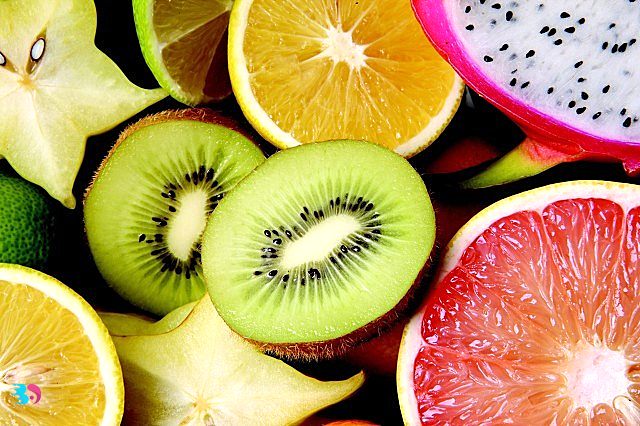
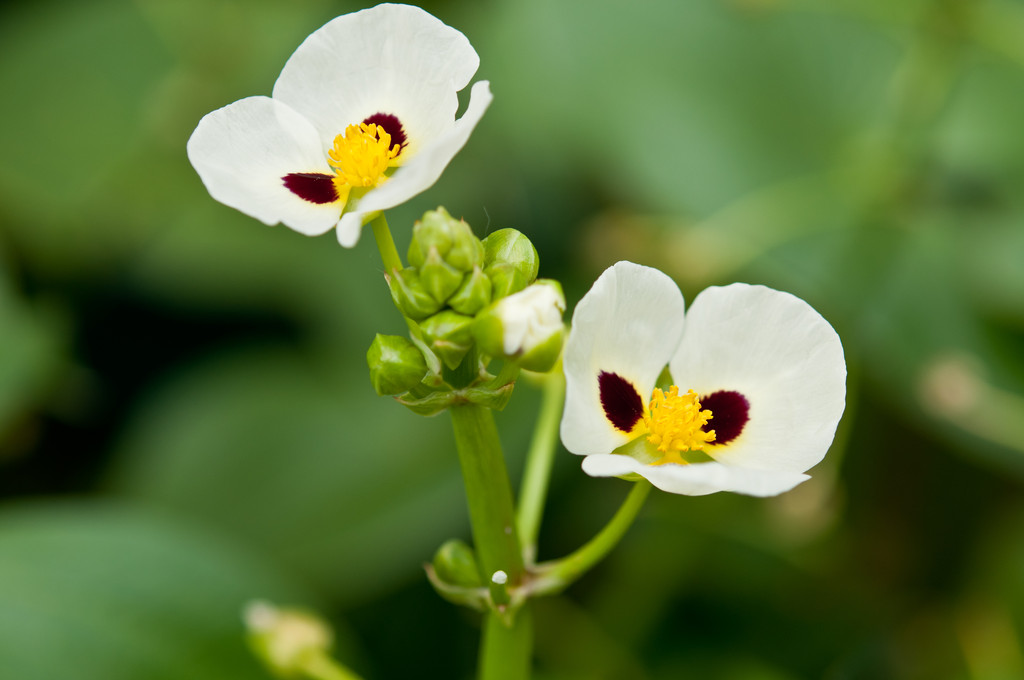
- 01-16贴窗花的寓意(贴窗花的寓意和风水讲究)
- 01-16如何偷偷打开对方手机摄像头(如何偷偷打开对方手机摄像头的链接)
- 01-16马脸是什么脸型(马脸是什么脸型男)
- 01-16适合大圆脸的发型(适合大圆脸的发型图片)
- 01-16梦见自己离婚是什么预兆(梦见自己离婚是什么预兆 周公解梦)
- 01-16倾莲池(倾莲池微博)
- 01-16结扎法(结扎法适用症)
- 01-16九八年属什么(九八年属什么生肖多大了)
- 01-15苹果最新消息发布2019(苹果最新消息发布2019版)
- 01-15五彩锦带树(五彩锦带树优缺点)

